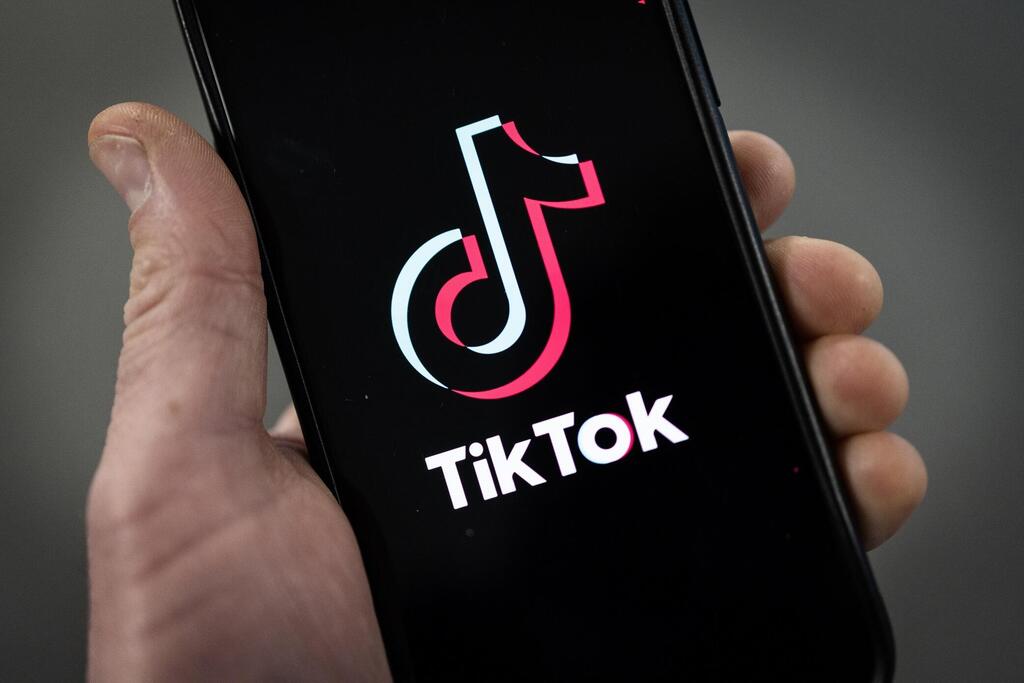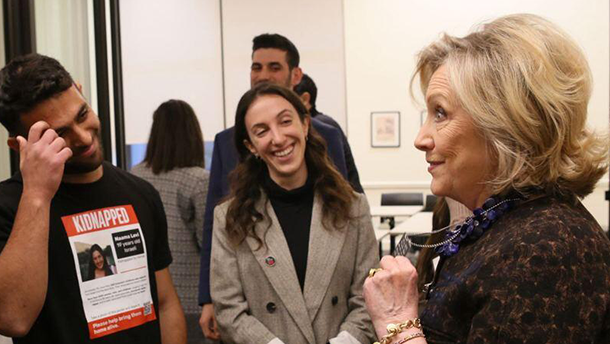Getting your Trinity Audio player ready...
In what could be viewed as corporate anti-Israeli bias, TikTok has denied a request by Israeli families of Hamas hostages to put up posts calling for the return of their loved ones from Gaza, citing "overly graphic and political content," the Fox News website reported.
More stories:
In stark contrast, both Google and Meta (Facebook and Instagram's parent company) have offered no objection to similar posts.
2 View gallery


TikTok won't post ads calling for the return of hostages from Gaza
(Photo: Dan Kitwood/Getty Images)
Advertisement specialist Yossi Lobton, who represents the hostage families, told Fox News they approached TikTok several weeks after the atrocities of October 7.
"We were told their policy prohibits financed campaigns that emphasize overly graphic or political content," he said. "They said it's a well-established policy that knows no bias, so we've approached Google and Meta instead."
He presented Fox News with clips showing hostages dancing or watching a football game, followed by posters with their pictures and captions calling for their immediate return. "Our campaign is based on humanitarian policy," Lobton explained. "Kidnapping kids and civilians is a war crime and Hamas must free them," he said, adding that while Meta rejected some of the ads, most were eventually allowed to run.
TikTok has responded by stating that their decision-making process about publishing ads is conditioned upon adherence to company standards, which prohibits displaying images of war, weaponry, hostages or violence.
2 View gallery


Hostage family representatives meeting former Secretary of State Hillary Clinton
(Phjoto: Roee Bushi)
That said, Fox News countered by pointing out that TikTok has no qualms about publishing ads showing Palestinian children suffering from the war. Fox News additionally obtained an internal memo written by an employee from TikTok's Israel offices, saying the company at large has clear pro-Palestinian bias.
Several screenshots from TikTok's internal chat platform indicate employees reacting with glee and celebrations to the horrific events of October 7 and Houthi missile launches toward Israel. "It's more than likely influencing the volume of antisemitic propaganda, both in the United States and Europe," the employee said, claiming this has resulted in a hostile work environment directed at Israelis and Jews.
A TikTok spokesperson has denied these allegations. "These accusations are false and in no way represent TikTok policy," according to the spokesperson, who said that TikTok's criteria about publishing ads has no bias whatsoever, and that the platform invests greatly in monitoring hateful content in order to implement company guidelines in a consistent manner.

